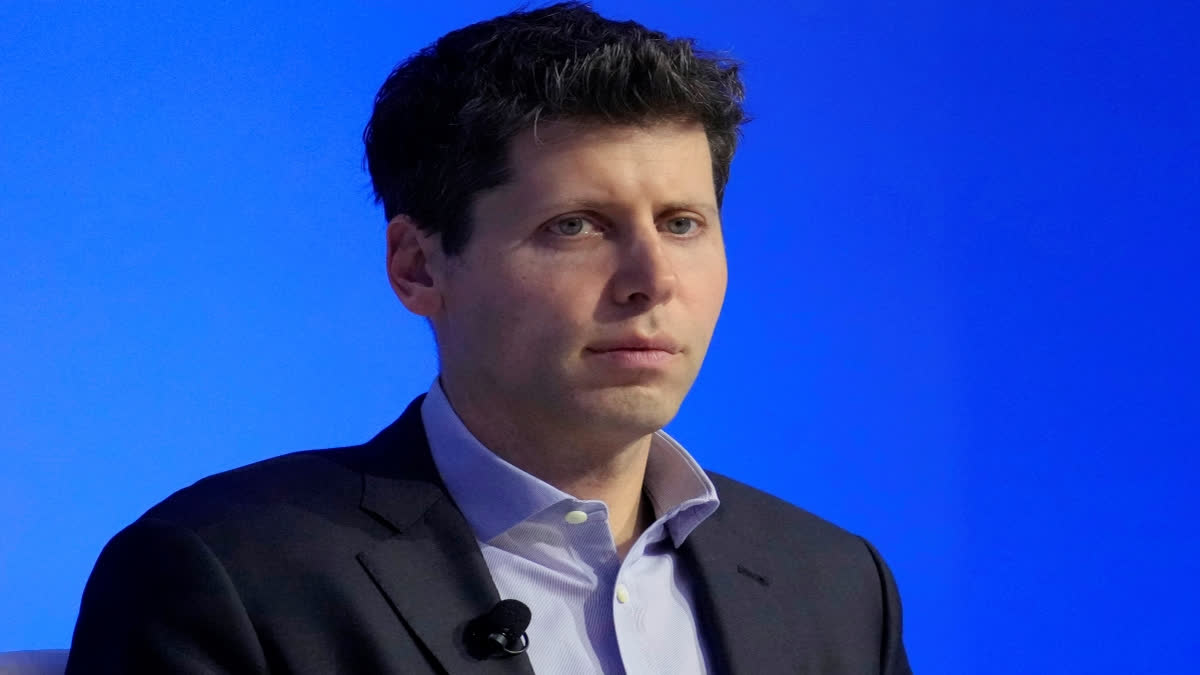San Francisco:OpenAI is reinstating CEO Sam Altman to its board of directors and said it has “full confidence” in his leadership after the conclusion of an outside investigation into the company's turmoil.
The ChatGPT maker tapped the law firm WilmerHale to look into what led the company to abruptly fire Altman in November, only to rehire him days later. After months of investigation, it found that Altman's ouster was a “consequence of a breakdown in the relationship and loss of trust” between him and the prior board, OpenAI said in a summary of the findings Friday. It did not release the full report.
OpenAI also announced it has added three women to its board of directors: Dr. Sue Desmond-Hellman, a former CEO of the Bill & Melinda Gates Foundation; Nicole Seligman, a former Sony general counsel; and Instacart CEO Fidji Simo.
The actions are a way for the San Francisco-based artificial intelligence company to show investors and customers that it is trying to move past the internal conflicts that nearly destroyed it last year and made global headlines.
“I’m pleased this whole thing is over,” Altman told reporters Friday, adding that he’s been disheartened to see “people with an agenda” leaking information to try to harm the company or its mission and “pit us against each other." At the same time, he said he’s learned from the experience and apologized for a dispute with a former board member he could have handled “with more grace and care.”
In a parting shot, two board members who voted to fire Altman before getting pushed out themselves wished the new board well but said accountability is paramount when building technology “as potentially world-changing” as what OpenAI is pursuing.
“We hope the new board does its job in governing OpenAI and holding it accountable to the mission,” said a joint statement from ex-board members Helen Toner and Tasha McCauley. "As we told the investigators, deception, manipulation, and resistance to thorough oversight should be unacceptable.”
For more than three months, OpenAI said little about what led its then-board of directors to fire Altman on Nov. 17. An announcement that day said Altman was “not consistently candid in his communications” in a way that hindered the board’s ability to exercise its responsibilities. He also was kicked off the board, along with its chairman, Greg Brockman, who responded by quitting his job as the company's president.
Much of OpenAI's conflicts have been rooted in its unusual governance structure. Founded as a nonprofit with a mission to safely build futuristic AI that helps humanity, it is now a fast-growing big business still controlled by a nonprofit board bound to its original mission.
The investigation found the prior board acted within its discretion. But it also determined that Altman’s “conduct did not mandate removal,” OpenAI said. It said both Altman and Brockman remained the right leaders for the company.
“The review concluded there was a significant breakdown in trust between the prior board, and Sam and Greg,” Bret Taylor, the board’s chair, told reporters Friday. “And similarly concluded that the board acted in good faith, that the board believed at the time that its actions would mitigate some of the challenges that it perceived and didn’t anticipate some of the instability.”
The dangers posed by increasingly powerful AI systems have long been a subject of debate among OpenAI's founders and leaders. But citing the law firm's findings, Taylor said Altman's firing “did not arise out of concerns regarding product safety or security."
